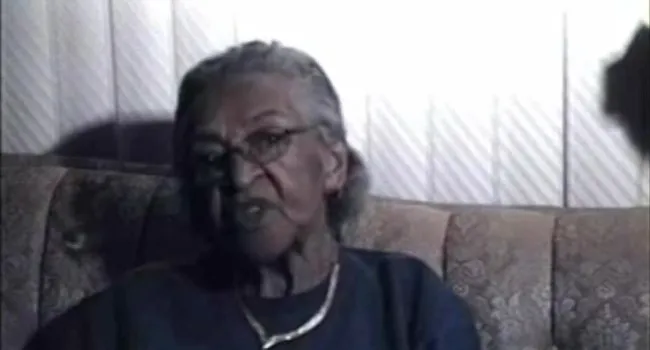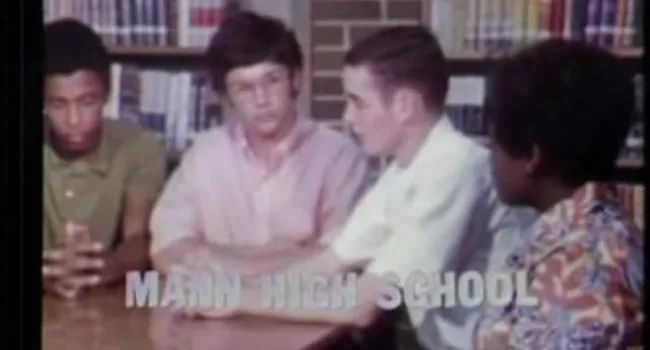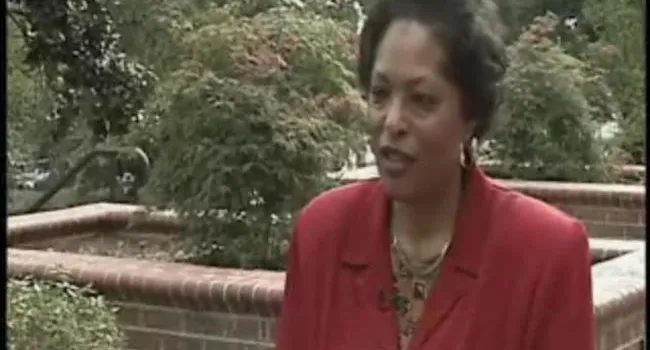
Youth Participation | Road Trip
Video
Dr. Charles Thomas was a professor of philosophy at South Carolina State College and a local NAACP official. On at least one occasion, Dr. Thomas mortgaged his home to bail student activists out of...







